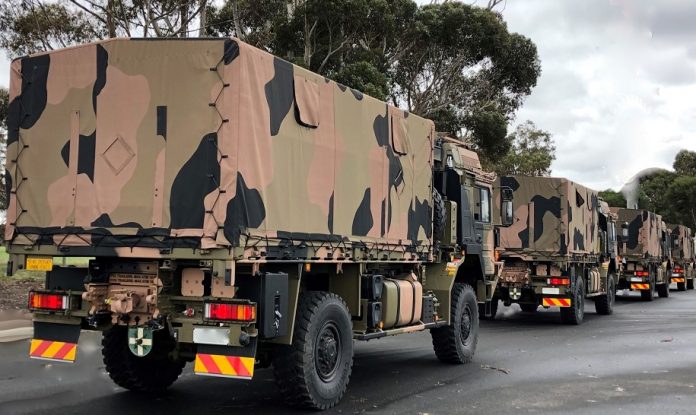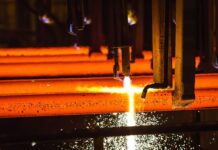
Deakin’s Institute for Intelligent Systems Research and Innovation (IISRI) has been awarded a $3.5 million autonomous vehicles contract from the Australian Army.
The new second phase contract cements the Department of Defence’s commitment to IISRI’s Leader-Follower autonomous vehicle technology program. Along with the first $2.9 million contract awarded back in 2018, the total investment amounts to $6.3 million.
Dedicated to the development of the global knowledge base of intelligent systems research, IISRI is mostly focused on motion simulators, simulation training and haptics, autonomous systems and robotics, systems modelling and simulation, and human performance and cognition.
The specific technology being developed for the Australian Army relates primarily to large vehicles, with a focus on convoys.
“Deakin is uniquely geared towards providing solutions to real-world problems and we are proud of our track record and successful past delivery of projects for our clients, including the Australian Army. It is a privilege to play a role in protecting Australia and bringing greater prosperity to Australian society,” stated Deputy Vice-Chancellor Research and Alfred Deakin Professor Julie Owens in a media release.
“The technology is vehicle agnostic, furnished with a range of advanced sensors – powered by IISRI’s home-grown software algorithms – which are advanced control and AI enabled and embedded in the vehicle control architecture to provide very safe and trustworthy manoeuvres,” added IISRI Director Professor Saeid Nahavandi.
According to Professor Nahavandi, one of the key advantages of the system is that it is highly adaptable. With the ability to be retrofitted to old and new vehicles, the new technology provides “a total vehicle agnostic solution for a broad range of transport including tanks, transporters, bulldozers and trucks”.
“This technology gives vehicles autonomous enormous capability so that a group of vehicles can move from A to B quite easily. Driving on a highway or cruising around an urban area is one thing, but our technology allows these vehicles to travel off-road in far more complex, unstructured, rough terrain – over river beds and through creeks – even when there’s no markings on the ground,” the professor said.
The new technology could also have potential applications in other non-defence sectors such as transportation and logistics, mining and agriculture.



















